As the world continues to produce more and more consumer goods, masses of plastic waste enter our ocean waters, creating an incredibly concerning global issue. Every year nearly 8 million tons of plastic end into the planet’s oceans – threatening marine wildlife and their habitats, contaminating shorelines with piles of debris, and killing billions of sea creatures. While you may be all too familiar with stories about how single-use plastics negatively impact sea turtles in the form of straws or food packaging, this is only a small part of the much larger problem that lies before us: Plastic Pollution. An inadequate waste management system combined with an increasing appetite for throwaway consumer items has created a critical juncture for global action and awareness on this growing environmental concern. In this post, we will help bring light to the impacts of plastic pollution on marine life as well as steps individuals can take to become part of the solution instead being ignore it entirely.
Contents
The Scale Of Plastic Pollution
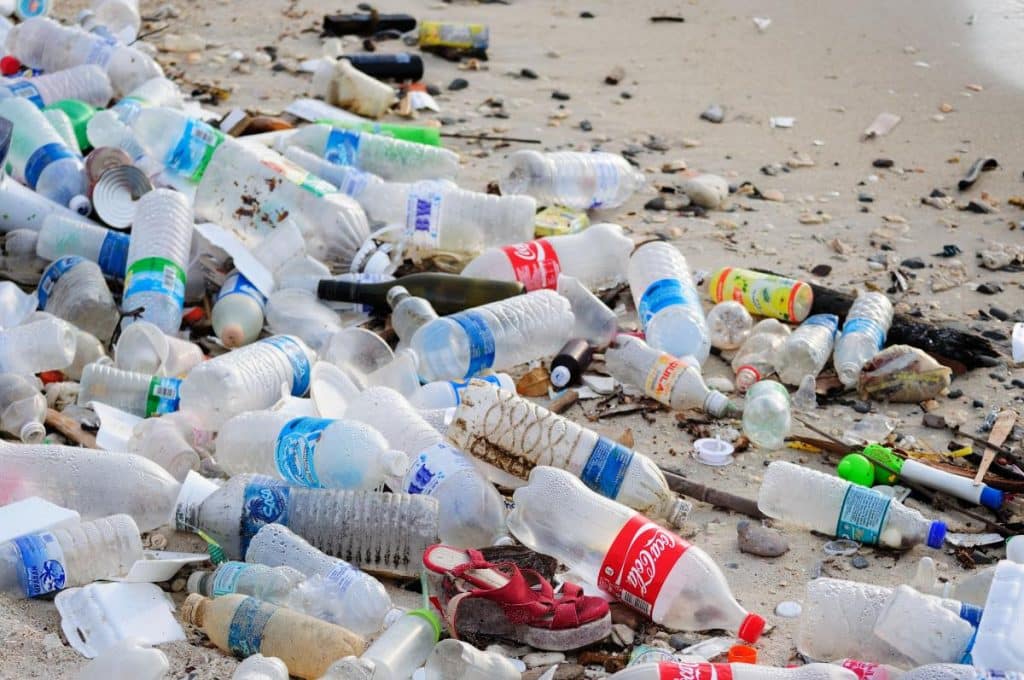
Plastic pollution has become a global problem with severe consequences on marine life. It is estimated that up to 8 million metric tons of plastic waste enter the ocean each year, with devastating effects on marine ecosystems. From endangered sea turtles trapped in plastic bags to fish ingesting microplastics, the impact of plastic pollution is far-reaching and devastating.
The accumulation of plastic debris in the ocean has disrupted marine habitats and poses a risk to human health. As plastic debris is broken down into smaller pieces, it can enter the food chain and ultimately can be consumed by humans. It is crucial to take action to reduce plastic waste and minimize the impact on marine ecosystems before it’s too late.
Impact On Marine Life
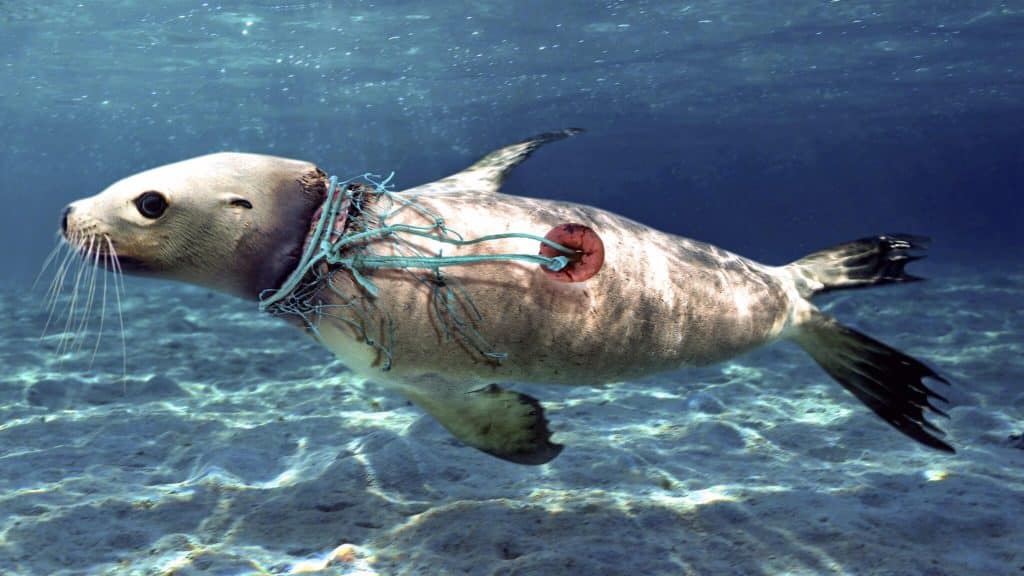
The impact on marine life has been a growing concern for decades as human activities continue to affect our oceans. Pollution, overfishing, and climate change are all factors that contribute to the disruption of our marine ecosystems. Plastic waste has become a particularly pressing issue, with over 8 million tons ending up in our oceans yearly. The impact on marine life is significant, with countless animals dying from ingesting or getting entangled in plastic debris.
Additionally, overfishing is leading to the depletion of fish populations and disrupting the natural balance of marine ecosystems. As your actions continue to take a toll on the oceans, it is vital to take steps to mitigate the damage and preserve the health and vitality of marine life. Through education, conservation efforts, and advocacy, you can work towards a sustainable future for the oceans and the creatures that call them home.
Case Studies And Examples
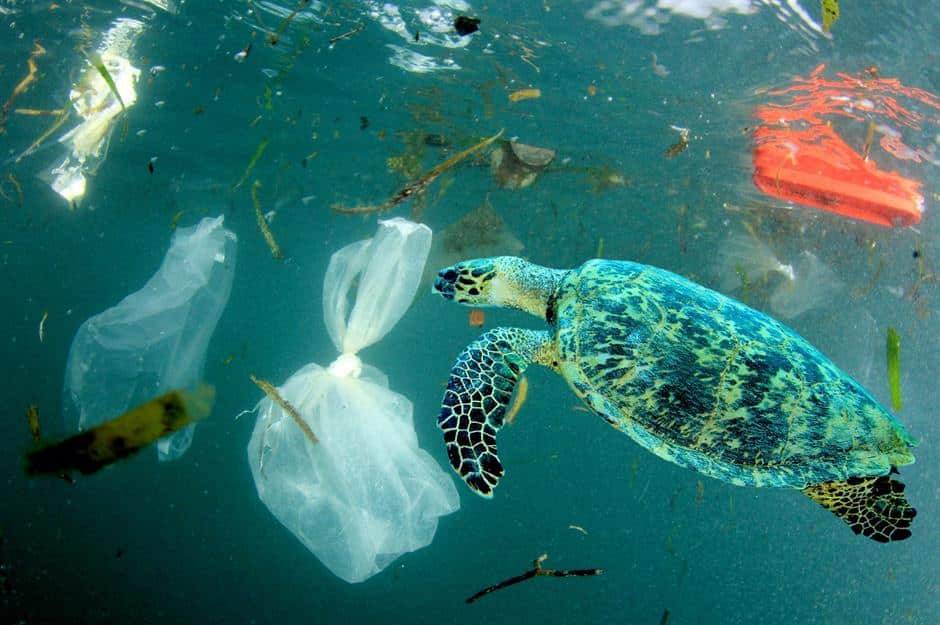
When discussing human activities’ impact on marine life, case studies and examples can be incredibly impactful. These real-life scenarios highlight the real consequences of pollution, overfishing, and other damaging behaviors impacting our oceans. By examining these case studies, we can better understand how our actions can harm marine life and what steps we can take to mitigate these negative effects.
For example, a case study on the impact of plastic waste on sea turtles can reveal the heartbreaking toll that this pollution can take on these beloved creatures. By learning about these specific examples, you can better understand how your daily habits can contribute to these larger problems and make more informed choices that help protect and preserve the oceans.
Ecological Consequences
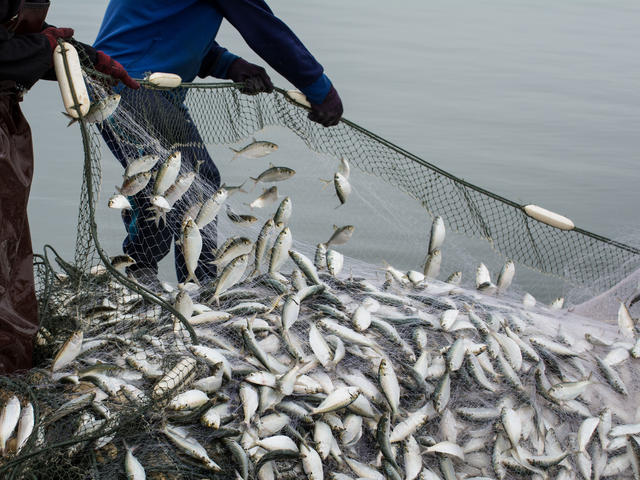
The ecological consequences of human activities on marine life are becoming more apparent with each passing year. Overfishing, pollution, and climate change are all taking a toll on our oceans and the creatures that call them home. Species that were once abundant are now struggling to survive, and ecosystems are under threat. But perhaps most alarming is that the impacts of these activities extend far beyond the ocean itself.
The health of the ocean is closely linked to the health of the entire planet, and the consequences of people’s actions are likely to reverberate throughout the natural world for years to come. Despite the gravity of the situation, there is still hope. By reducing our impact on the environment, you can help reverse some of the damage that has been done and safeguard the future of marine life for generations to come.
Human Impact And Solutions
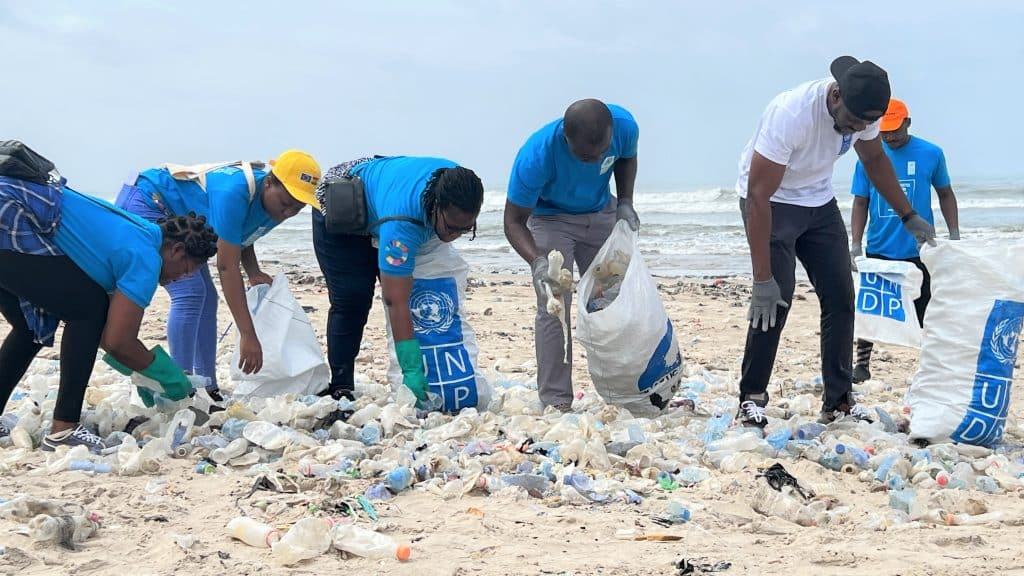
The human impact on the environment has been a growing concern for decades. The increasing amount of ocean waste and pollution has had a particularly devastating effect on marine life. From plastic straws to discarded fishing nets, the amount of debris in the ocean is overwhelming.
However, there are solutions to this problem. One solution is to reduce our use of single-use plastics, such as water bottles and grocery bags. Another solution is to properly dispose of waste and recycle it whenever possible. You can also support organizations that aim to clean up the oceans and promote sustainable fishing practices. By making small changes in your daily lives and supporting larger efforts, you can help to protect the delicate ecosystem of the oceans and the many species that call it home.
Innovative Solutions
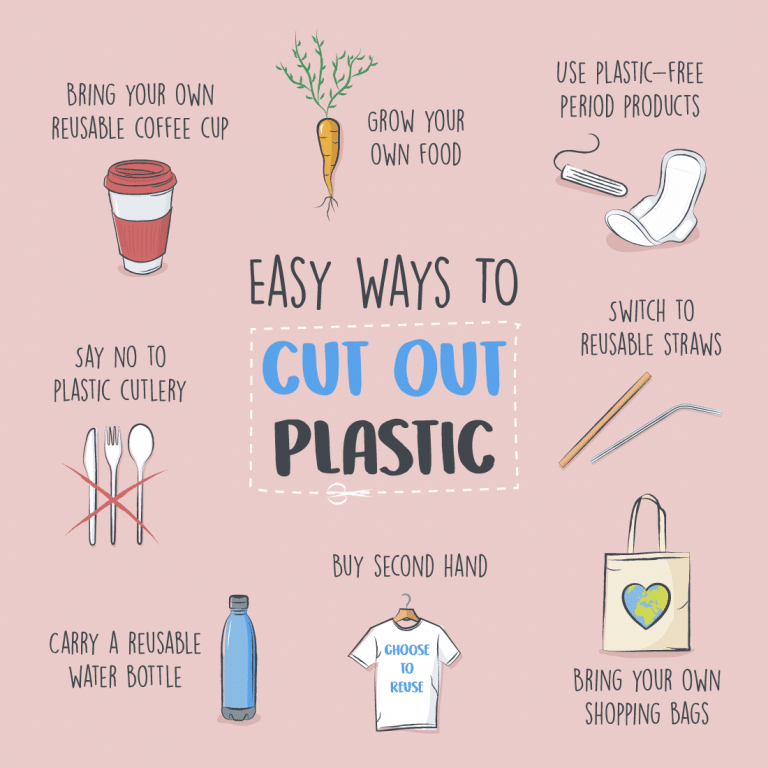
Through innovative solutions, you have the potential to positively impact marine life in extraordinary ways. The ocean is home to millions of species that rely on its balance and well-being for survival. With increasing global temperatures and plastic pollution, the need for creative solutions has become more pressing than ever before. Scientists and engineers are exploring ways to develop technology that can help to reduce plastic waste in the oceans, such as machines that can clean up millions of tons of plastic particles from the water.
Additionally, renewable energy sources like offshore wind turbines will help to reduce the carbon footprint of energy production that currently contributes to ocean acidification and warmer ocean temperatures. Innovative solutions such as these present opportunities to promote a healthy and thriving underwater world for the many creatures and organisms that call it home.
The Importance Of Plastic Pollution And Its Impact On Marine Life
In conclusion, plastic pollution is a concerning issue that humans are faced with, and must take action to reduce the harm done to marine life. This means implementing more sustainable practices in our everyday lives, from reusing bags, allowing for fewer new plastics produced annually, to composting food scraps as an alternative to single-use packaging. You can also go one step further by advocating for government policies focused on reducing or outright banning the use of plastic containers and packaging. By taking these simple steps together, we can collectively create a clean ocean free from plastic pollution and ensure healthy marine life can exist safely for years. Let’s keep pressing forward with increased education and understanding of the dangers of plastic pollutants, so it may be easier for today’s generation and future generations to be part of the positive solution we need. We can preserve the precious ecosystems that sustain us all with a collaborative effort.
